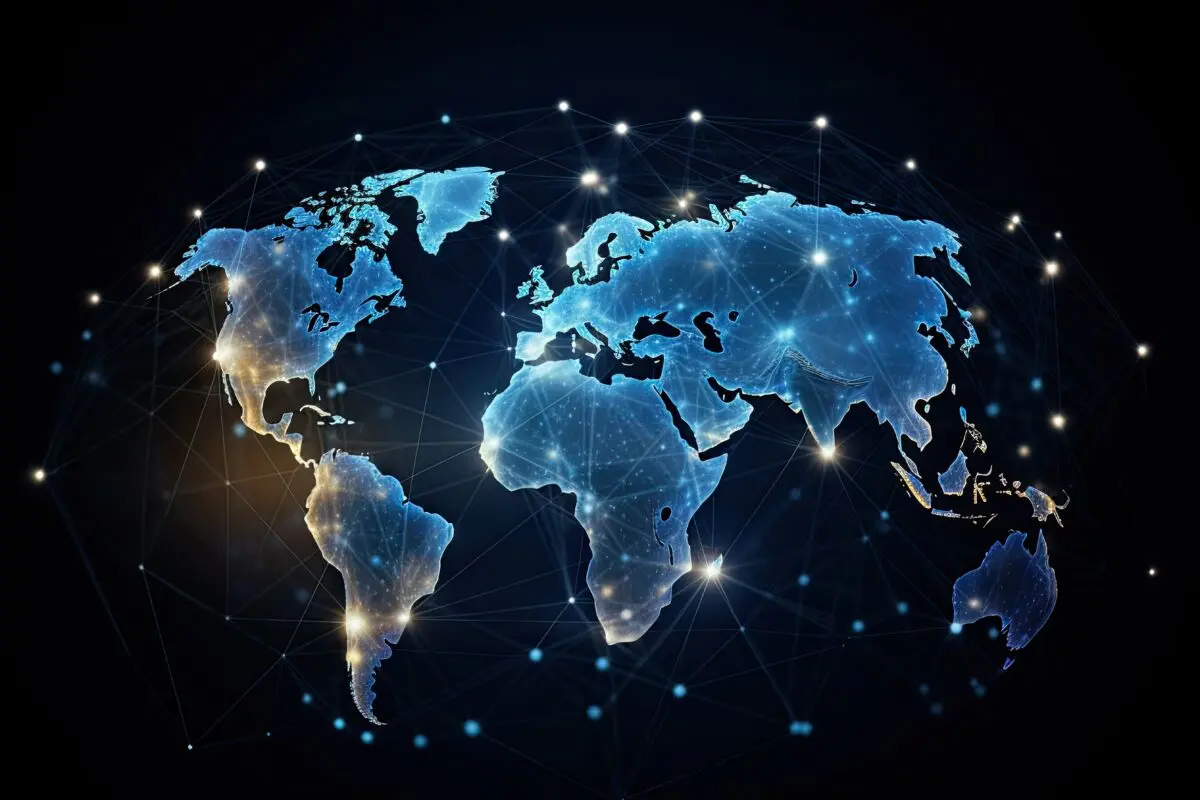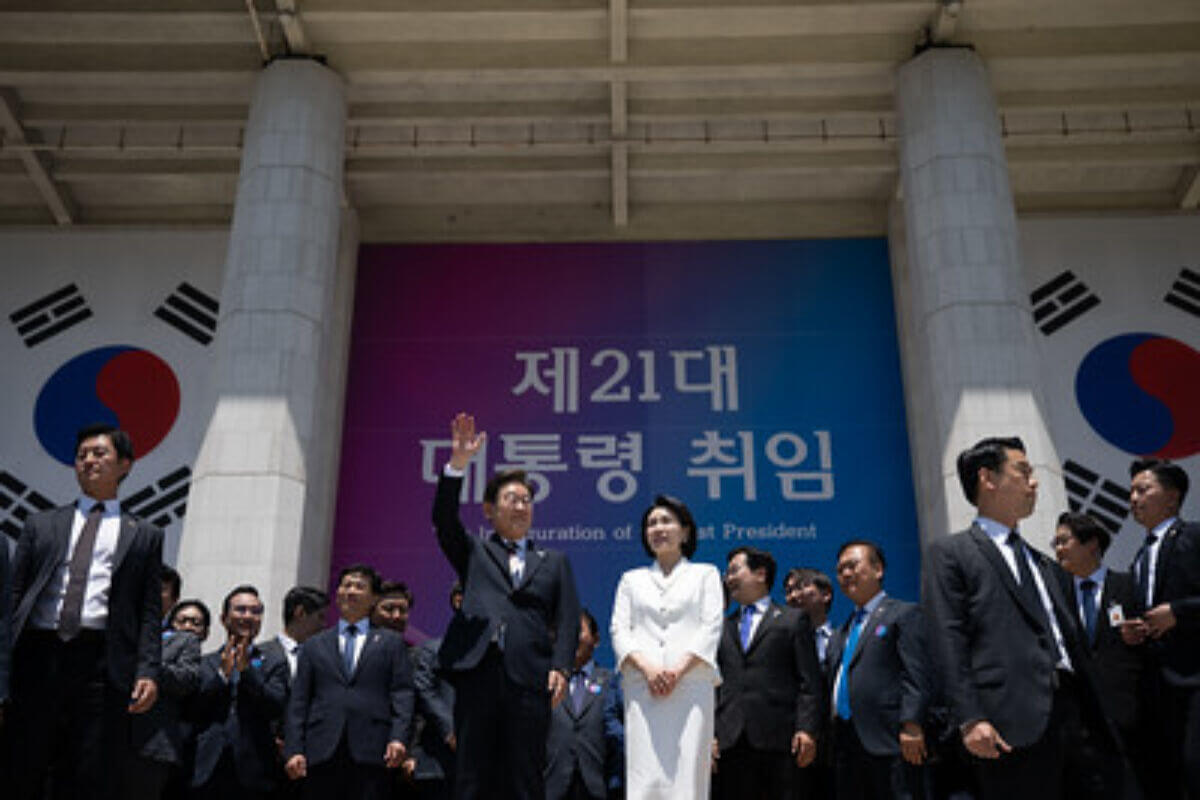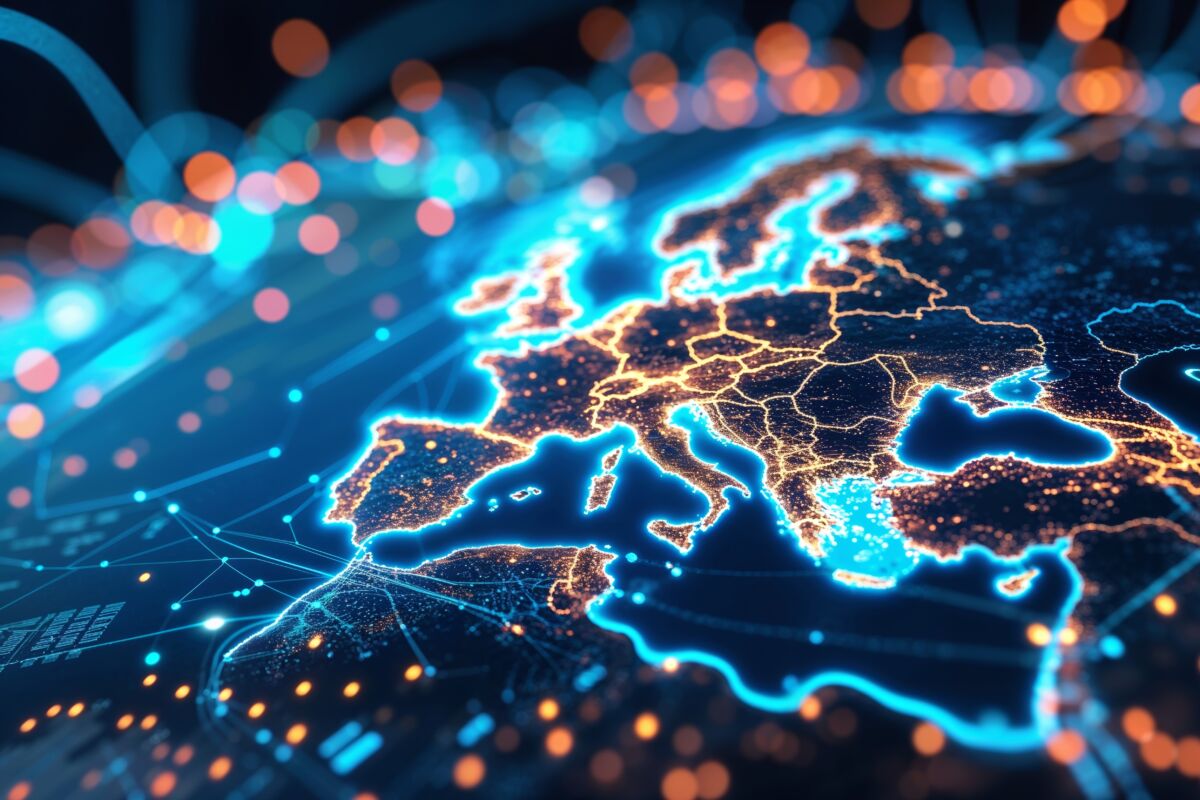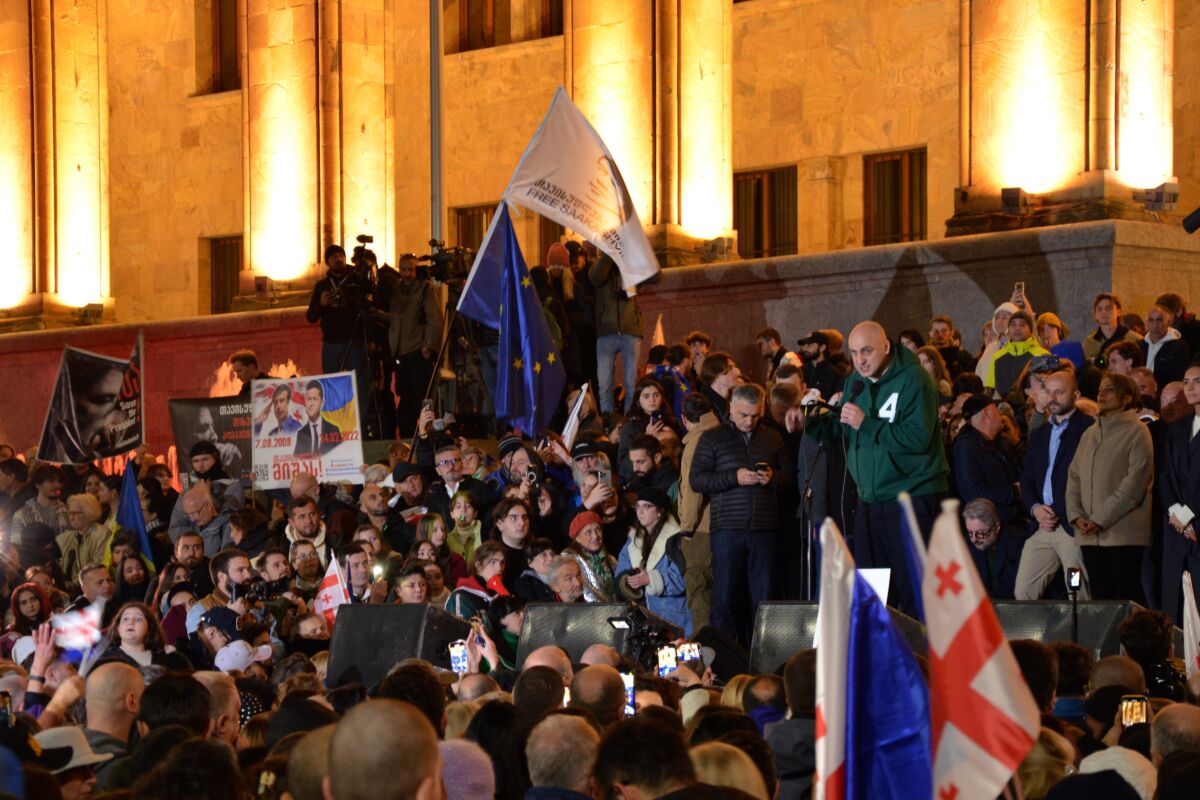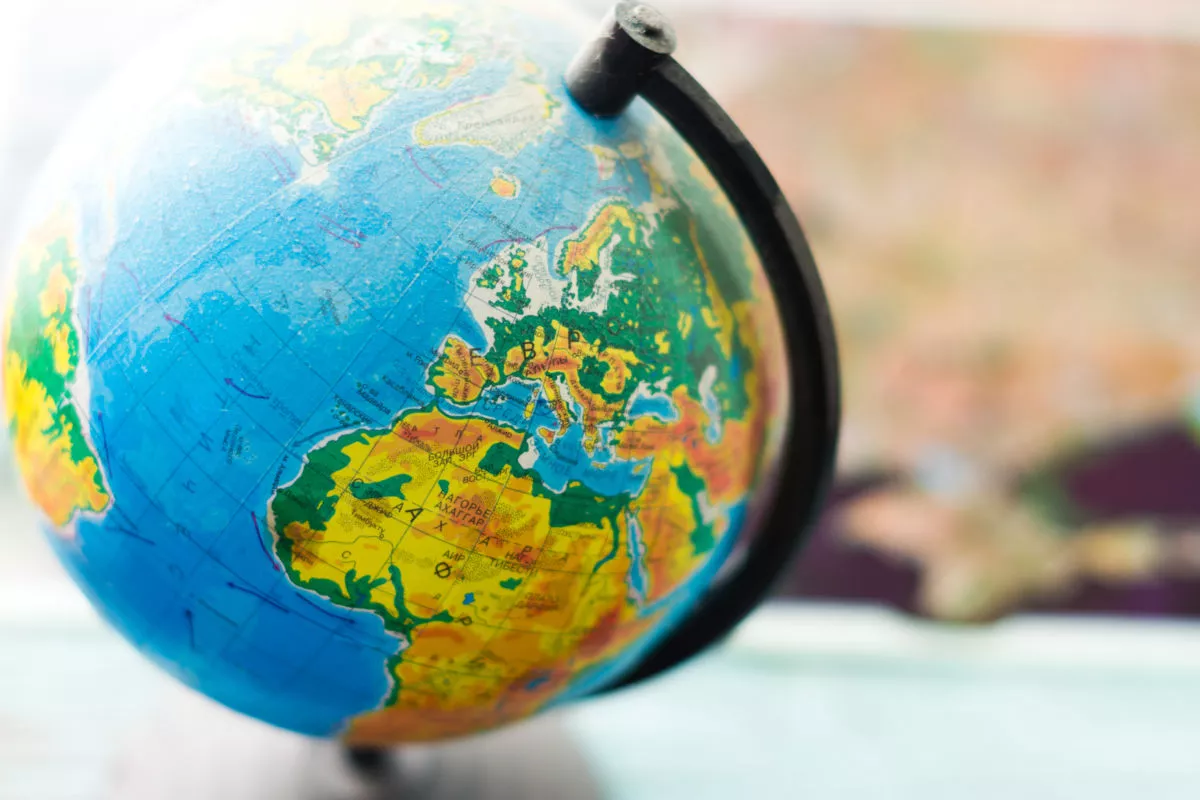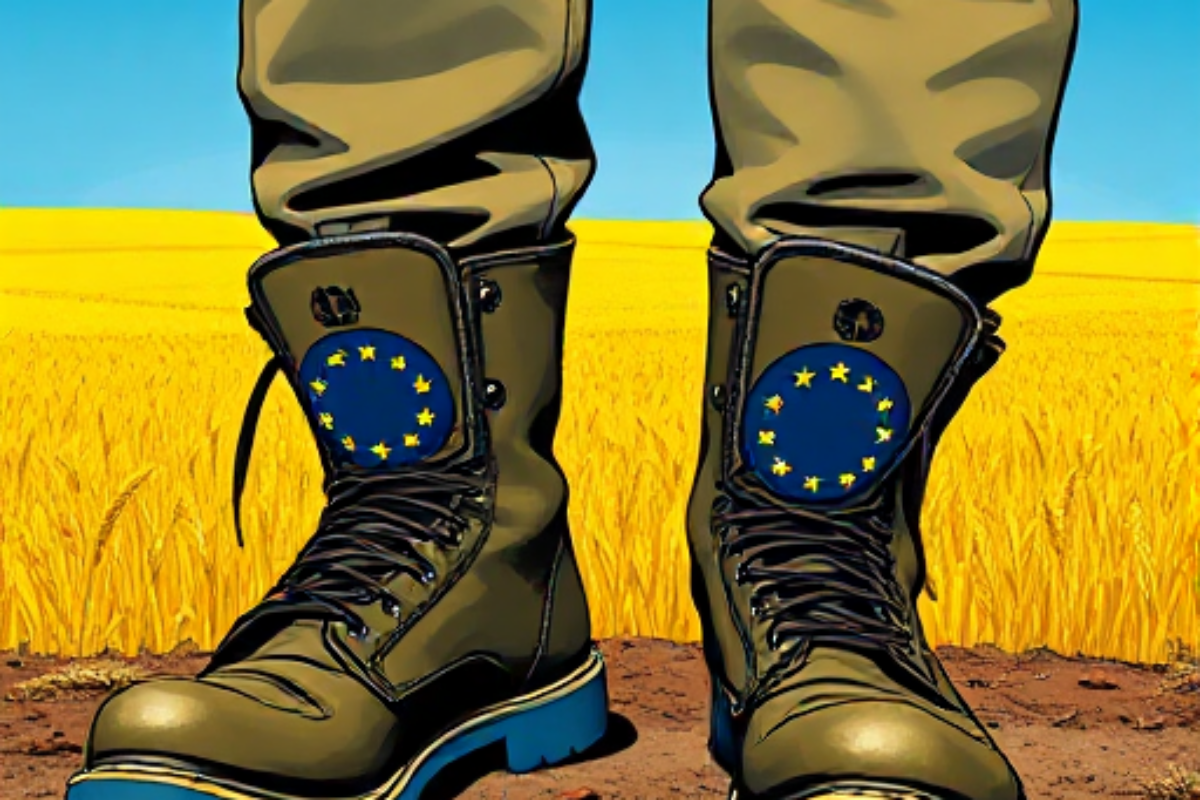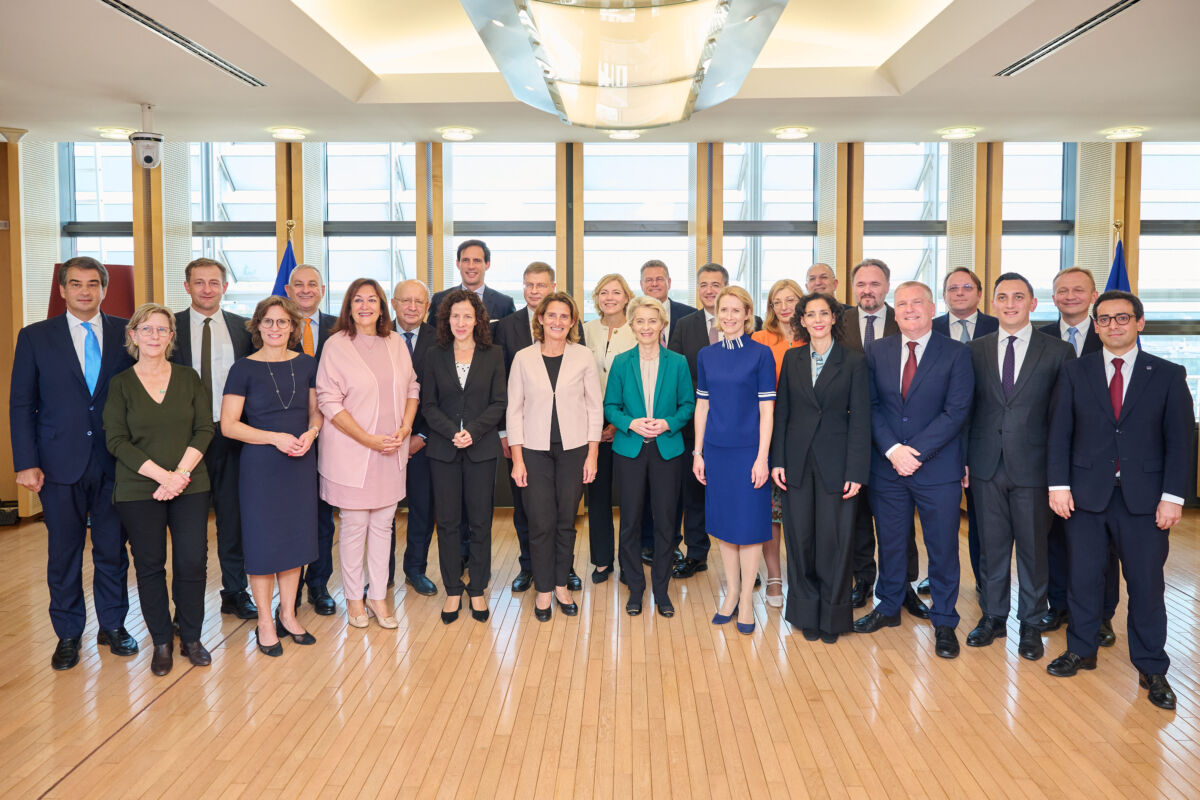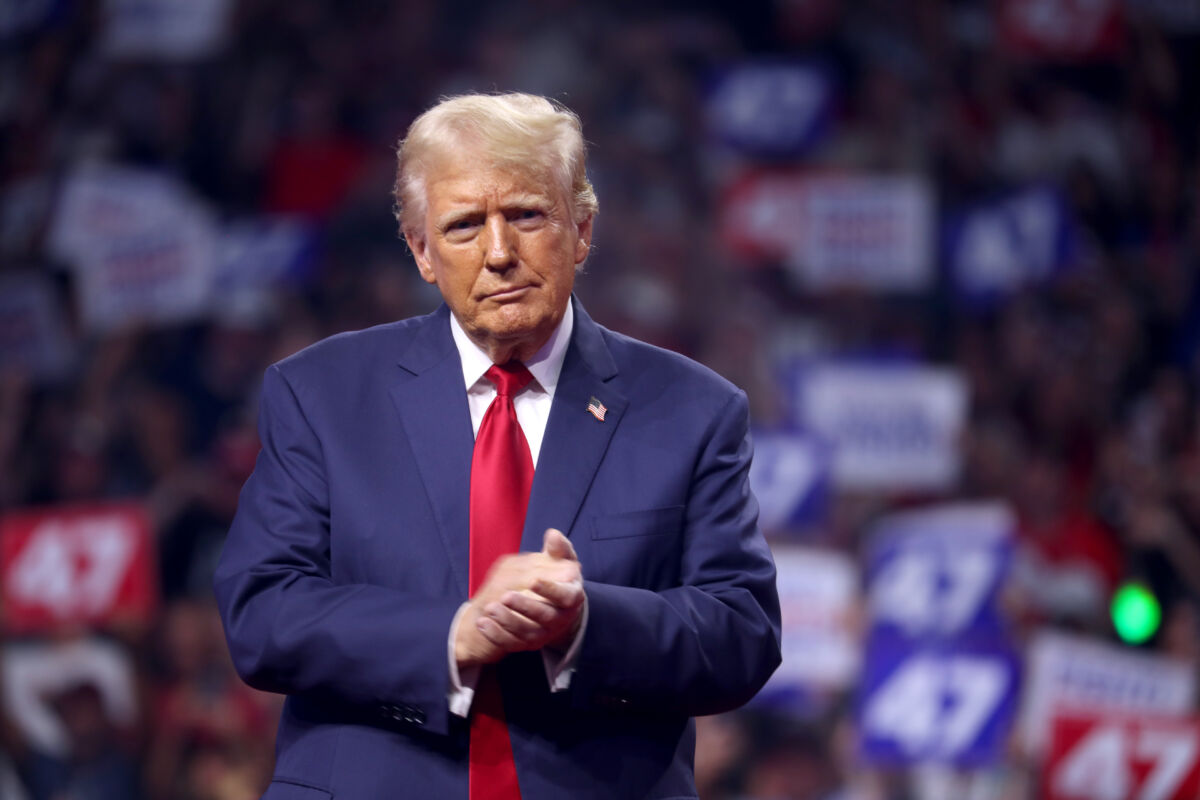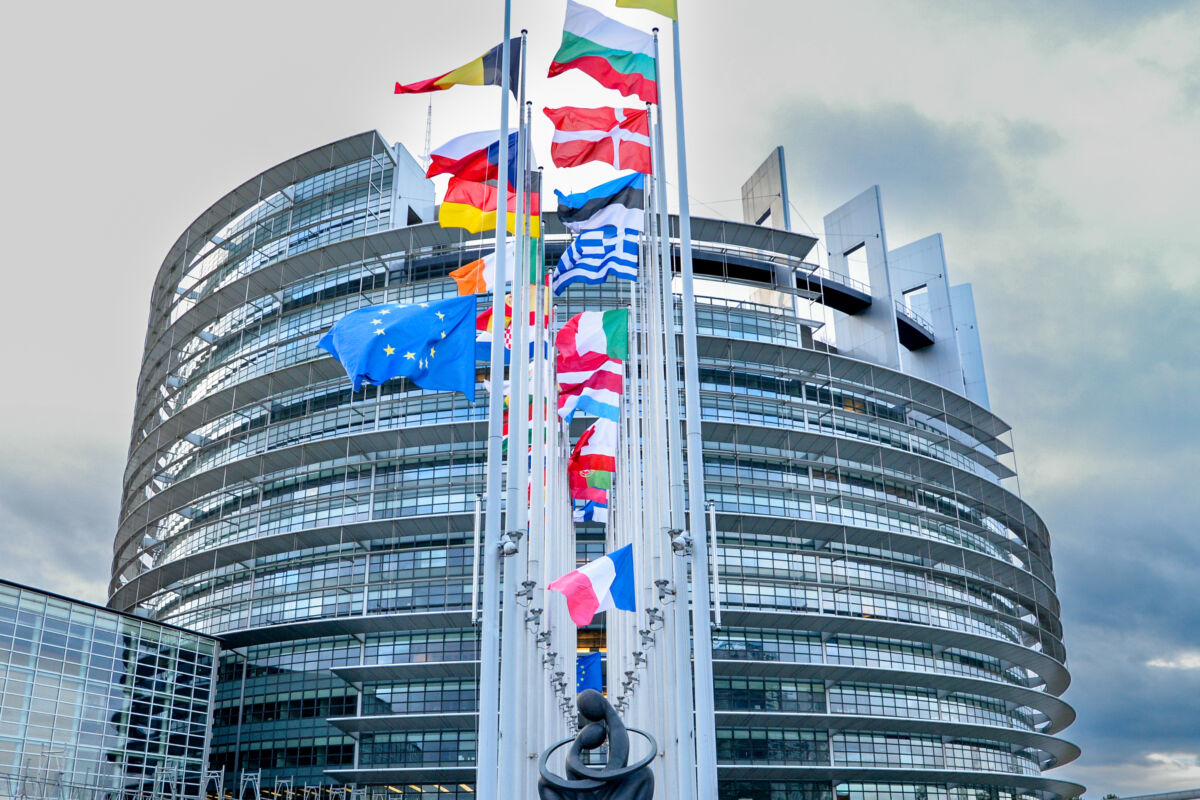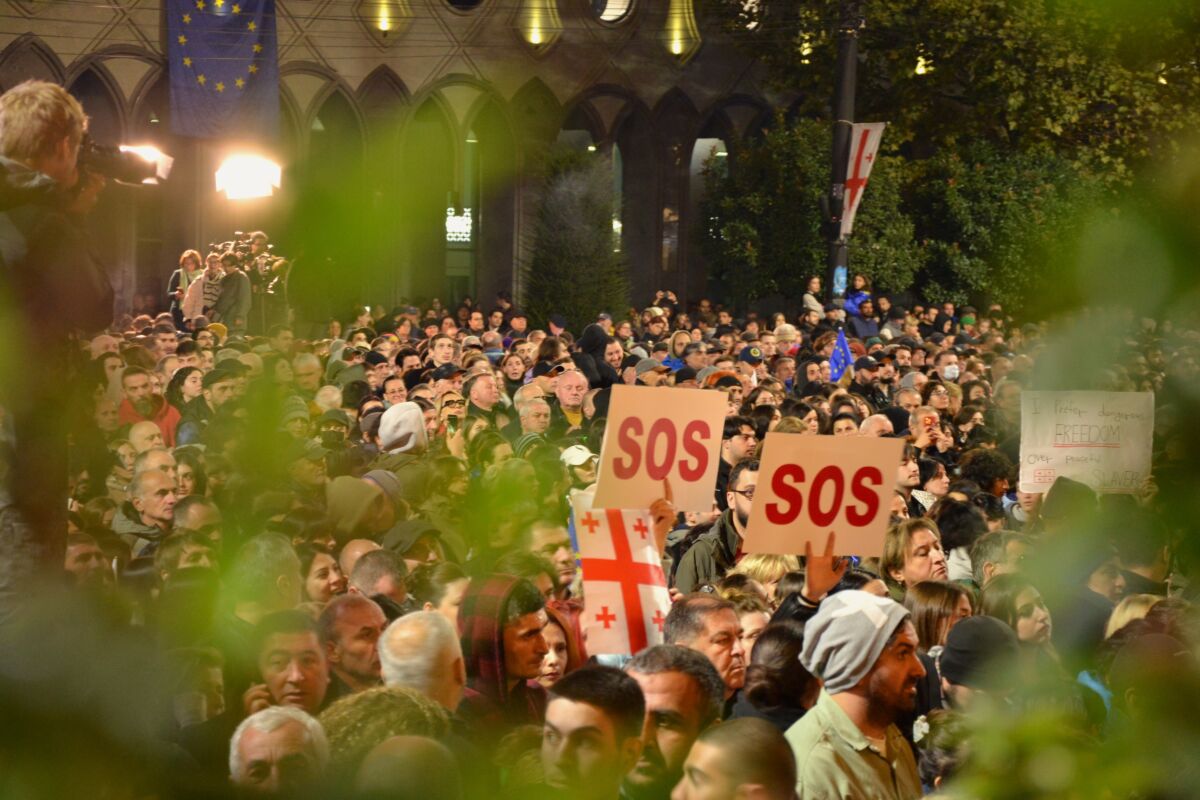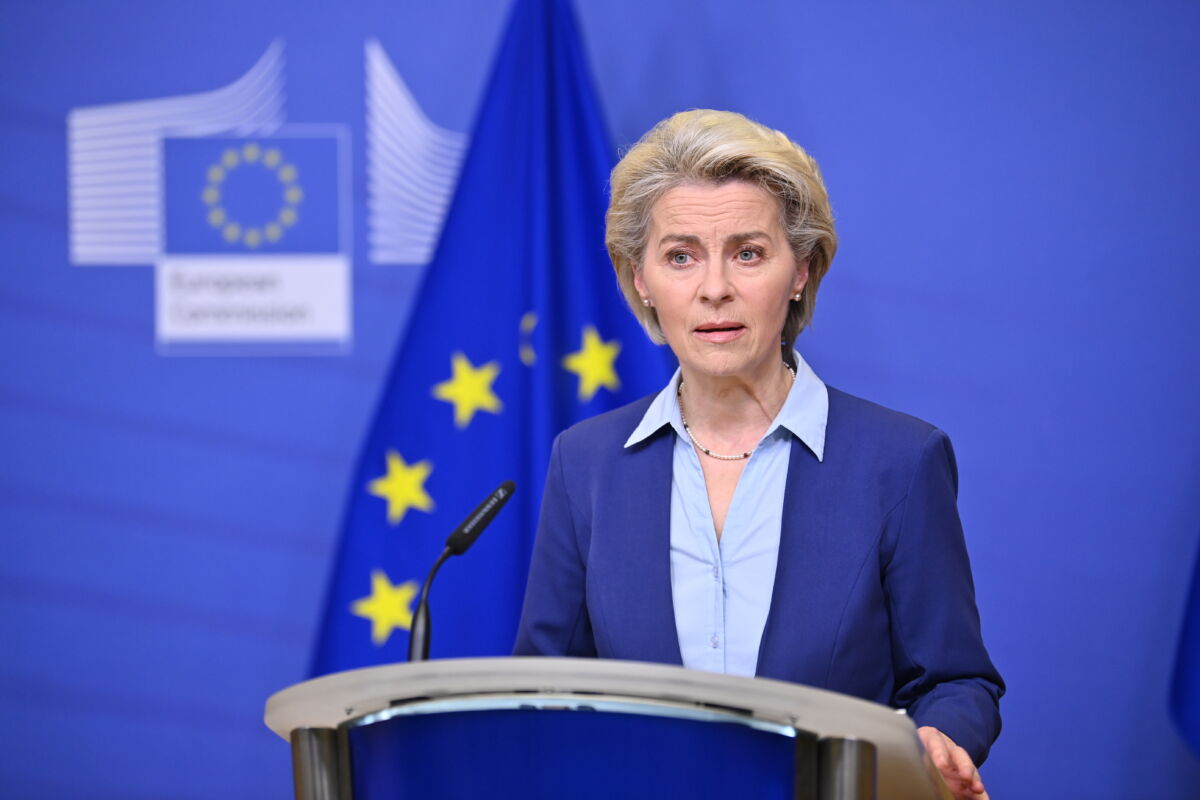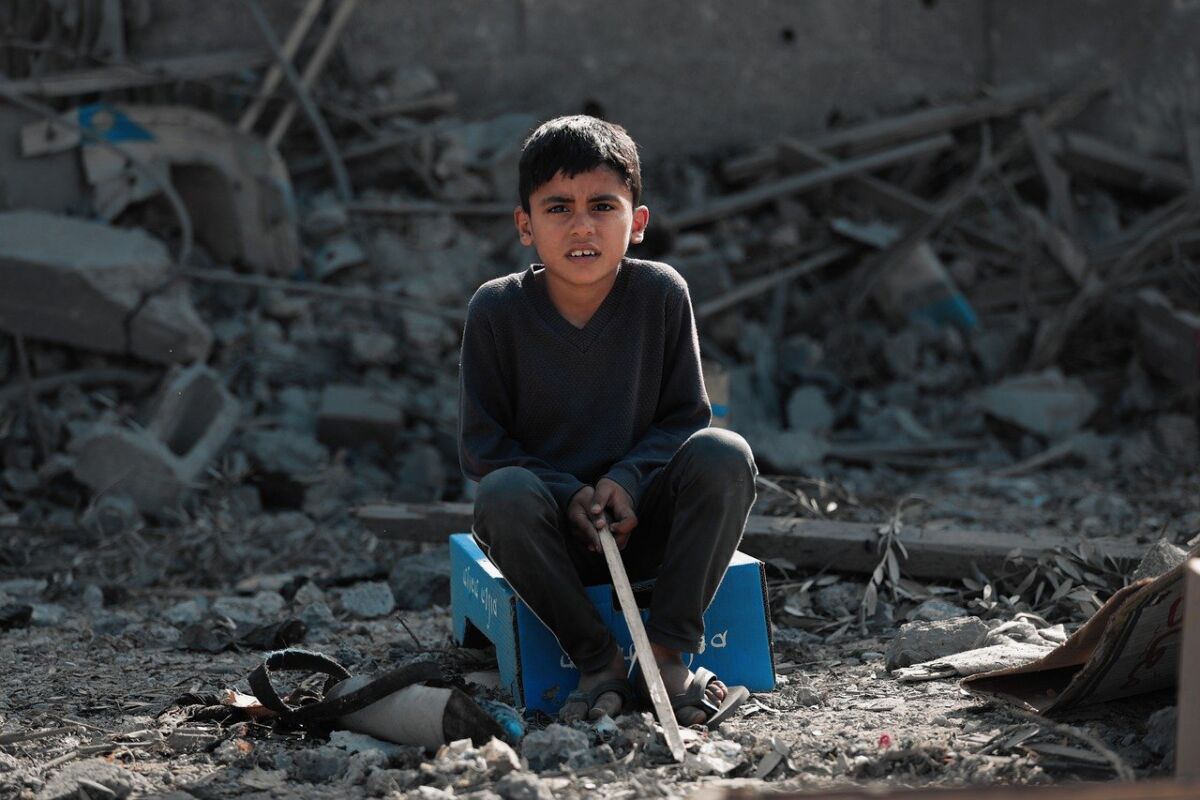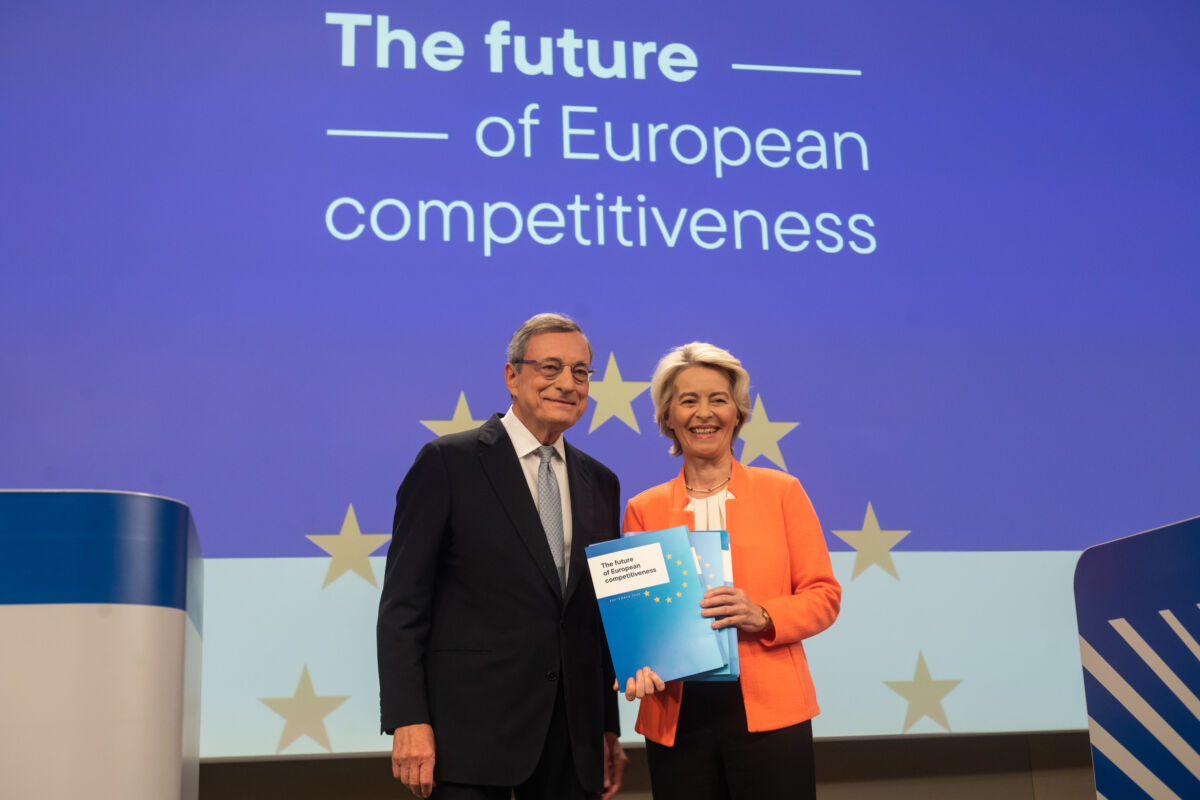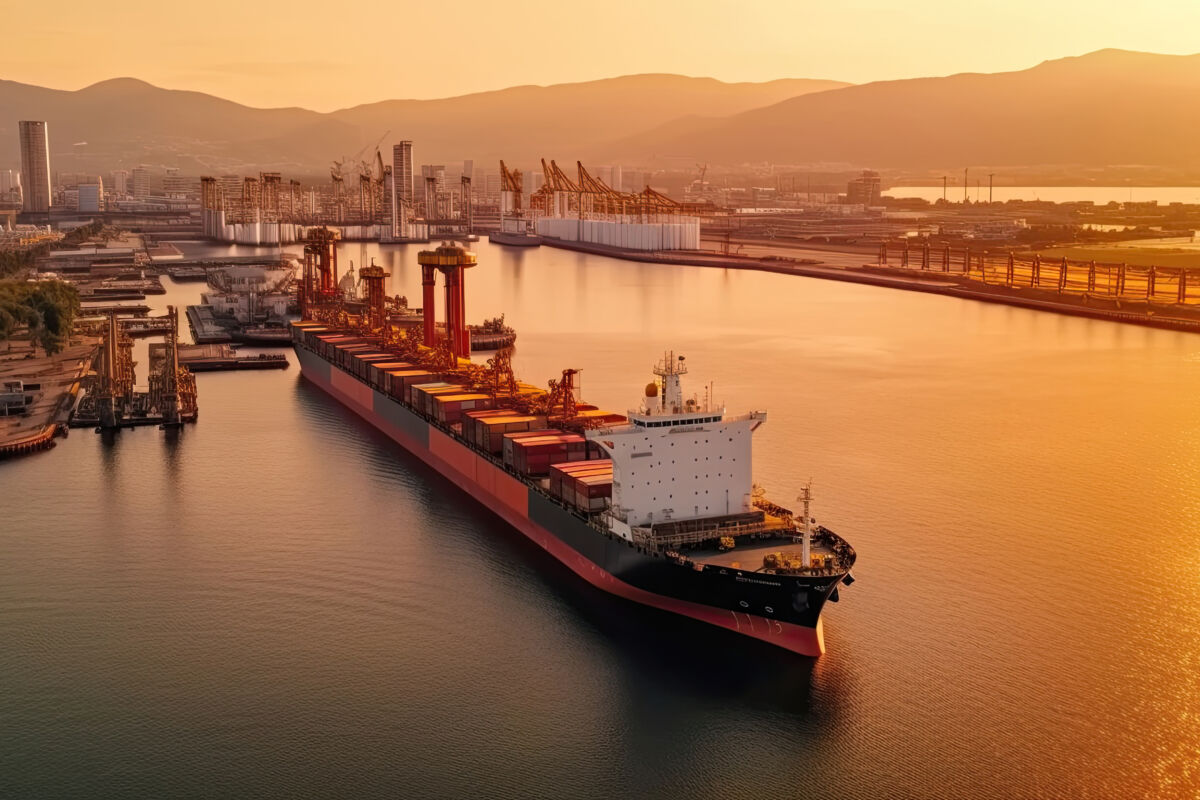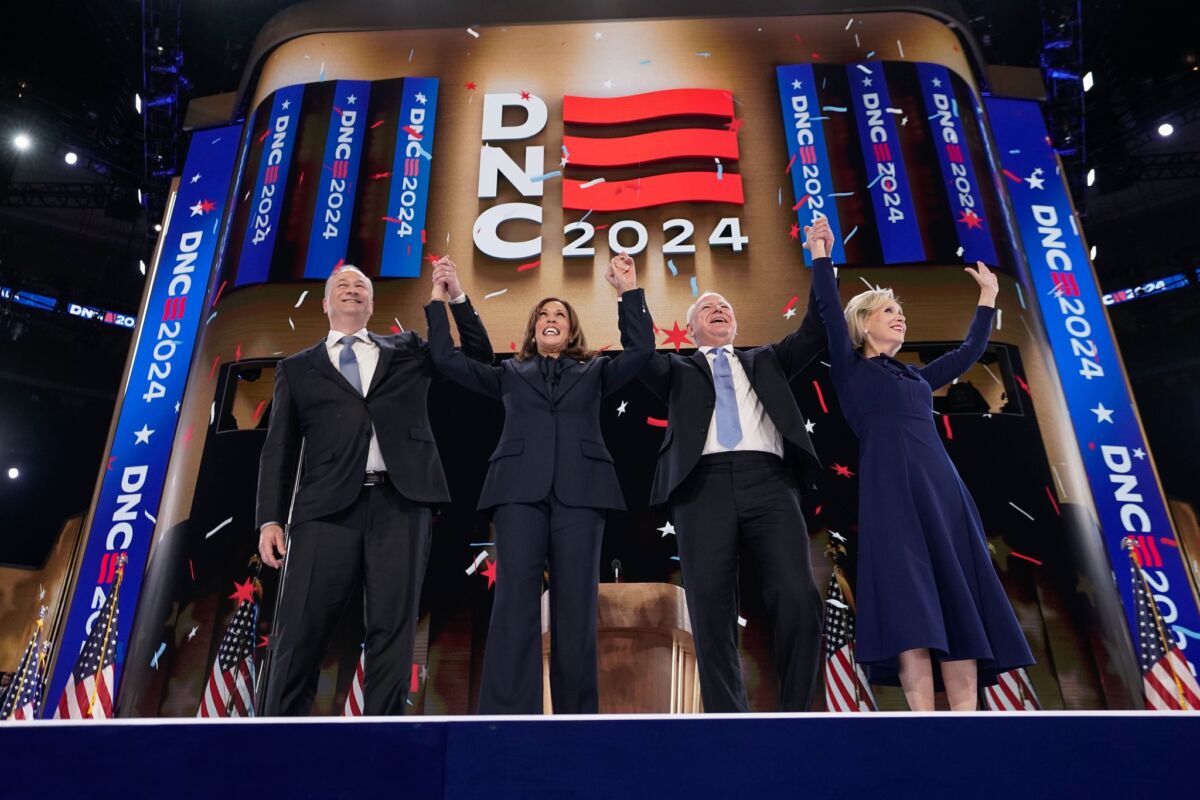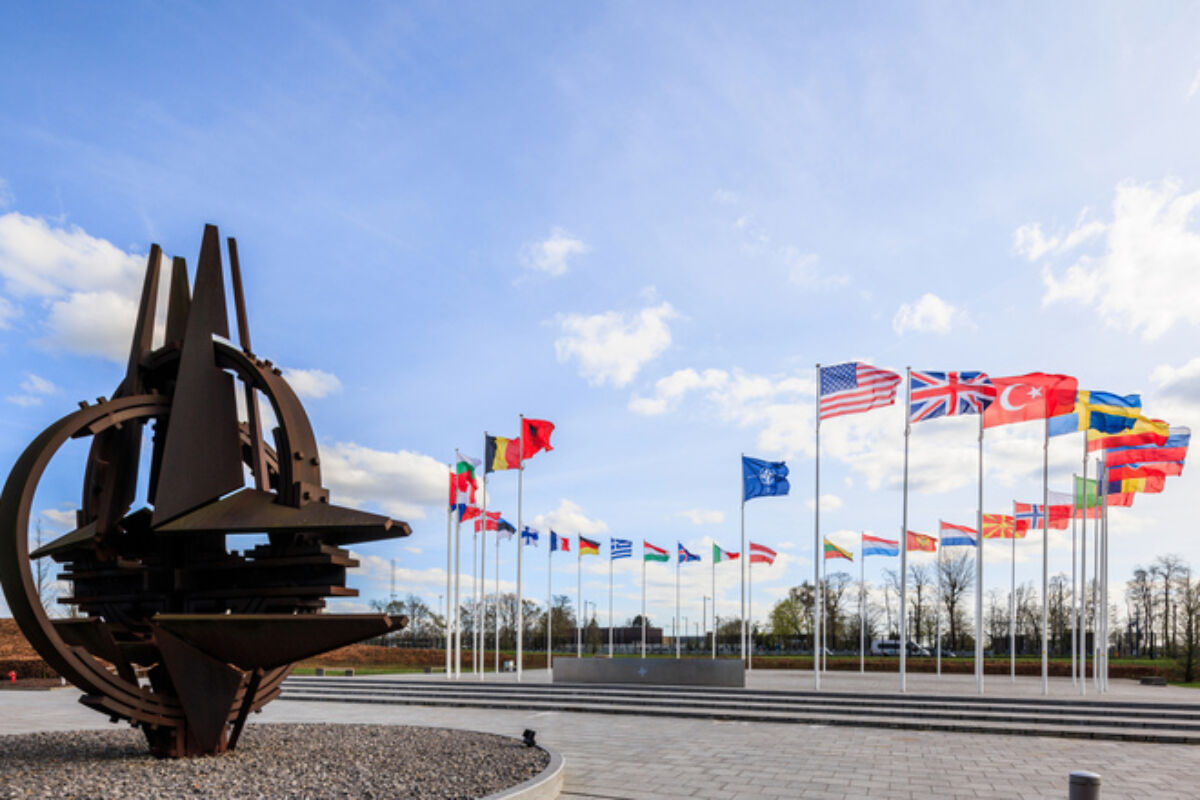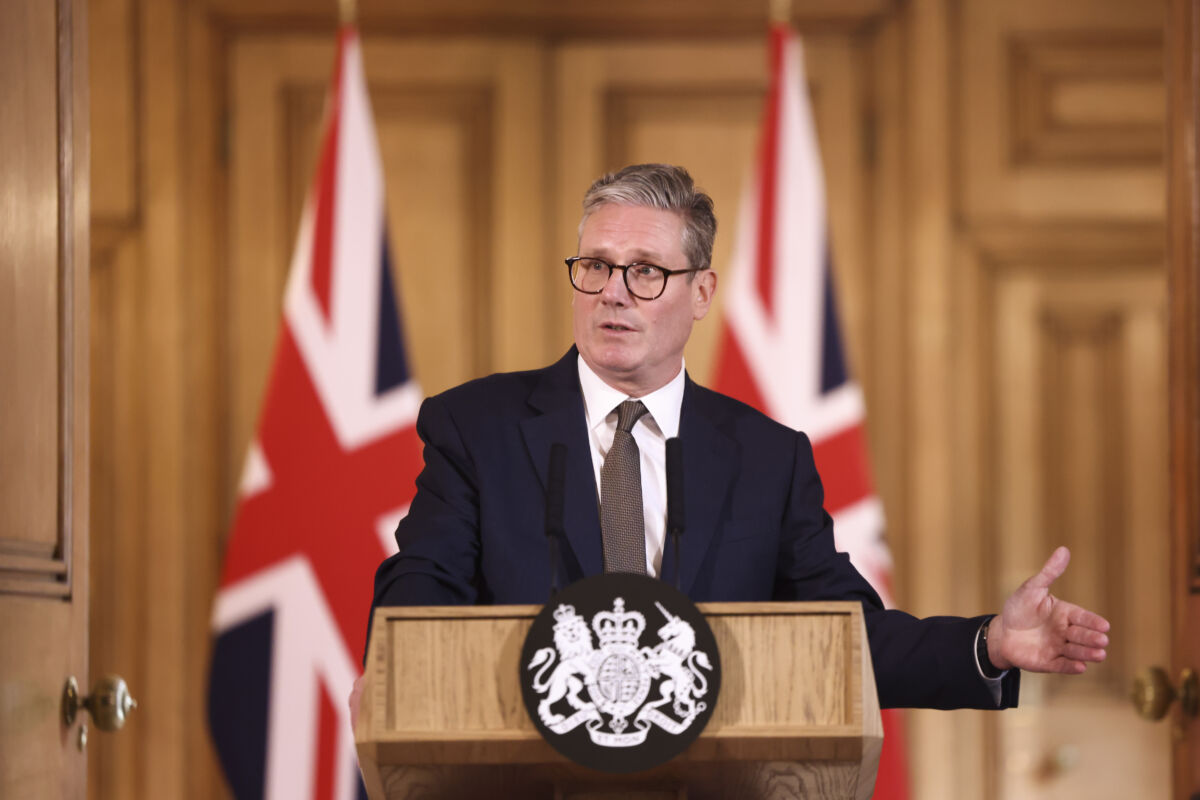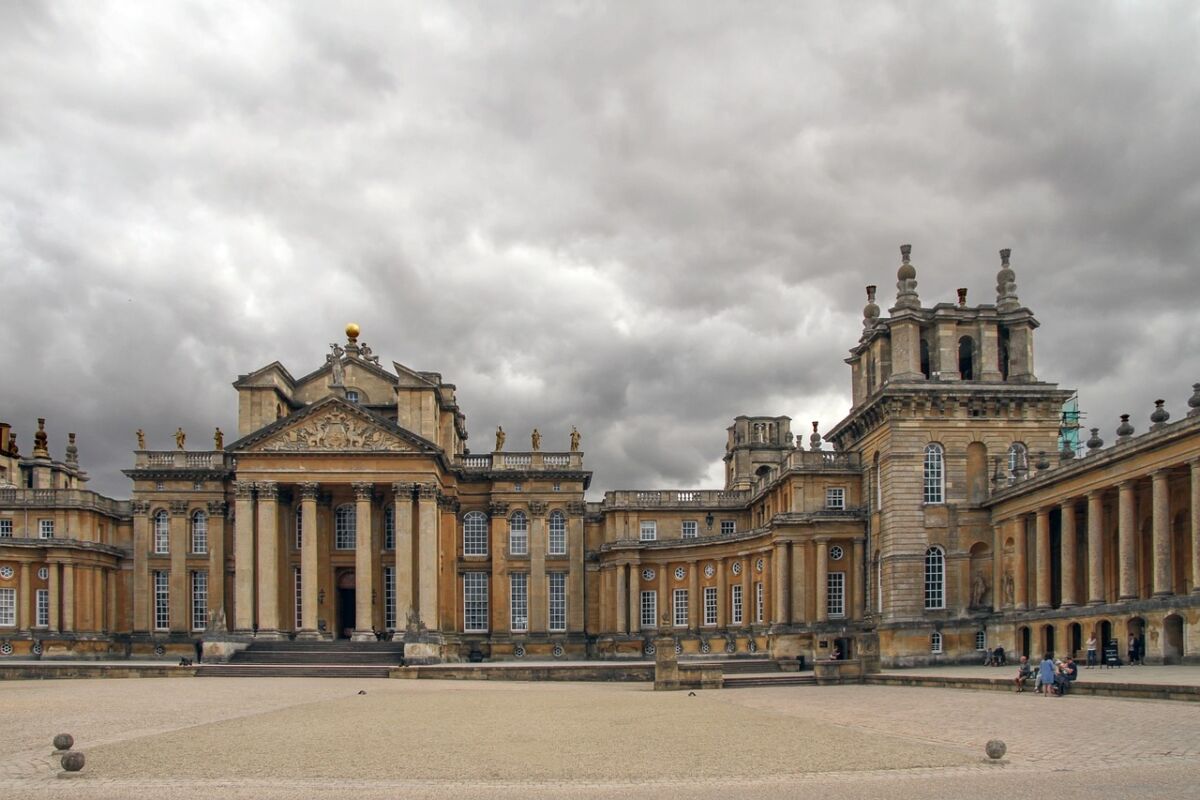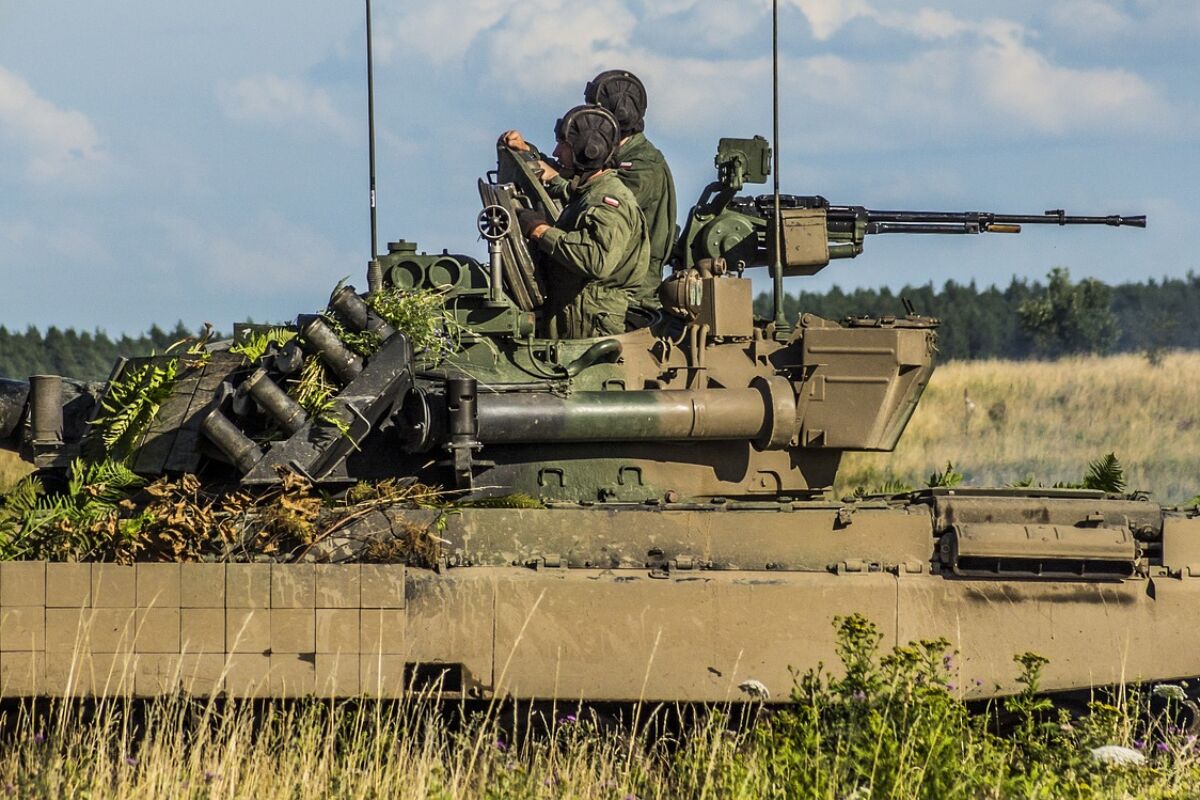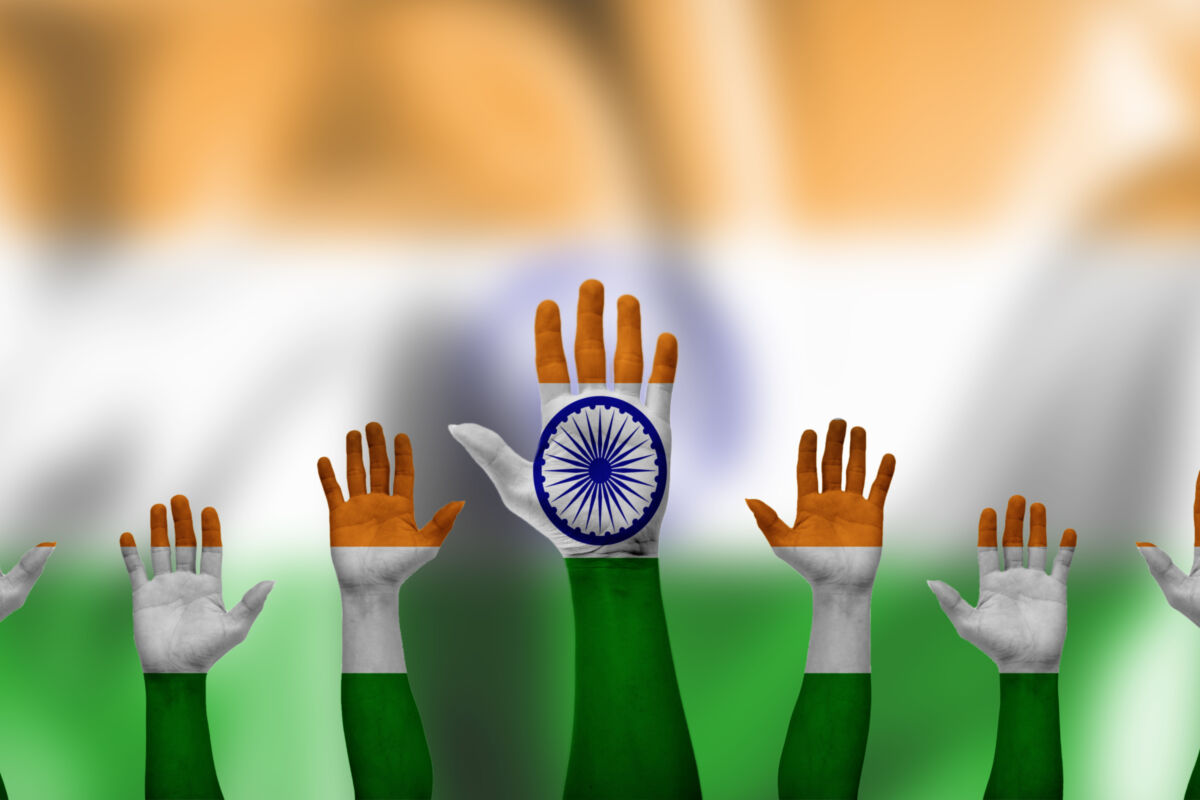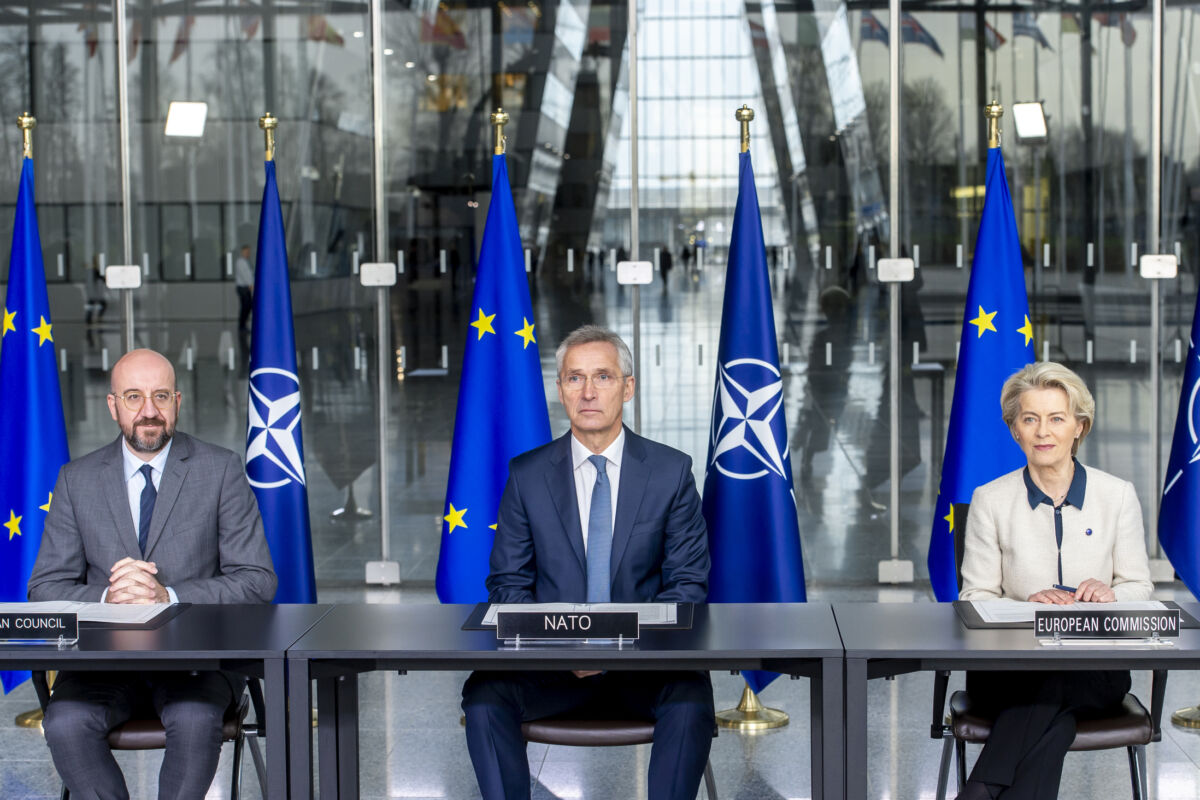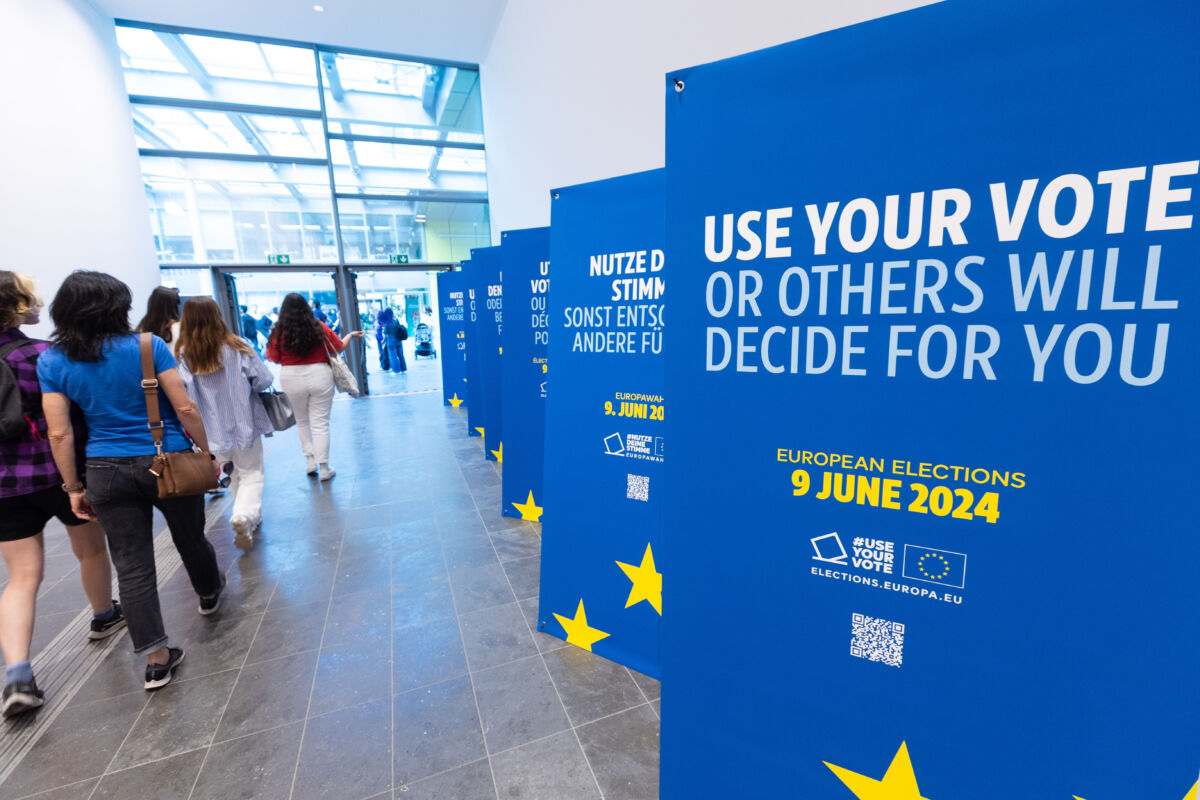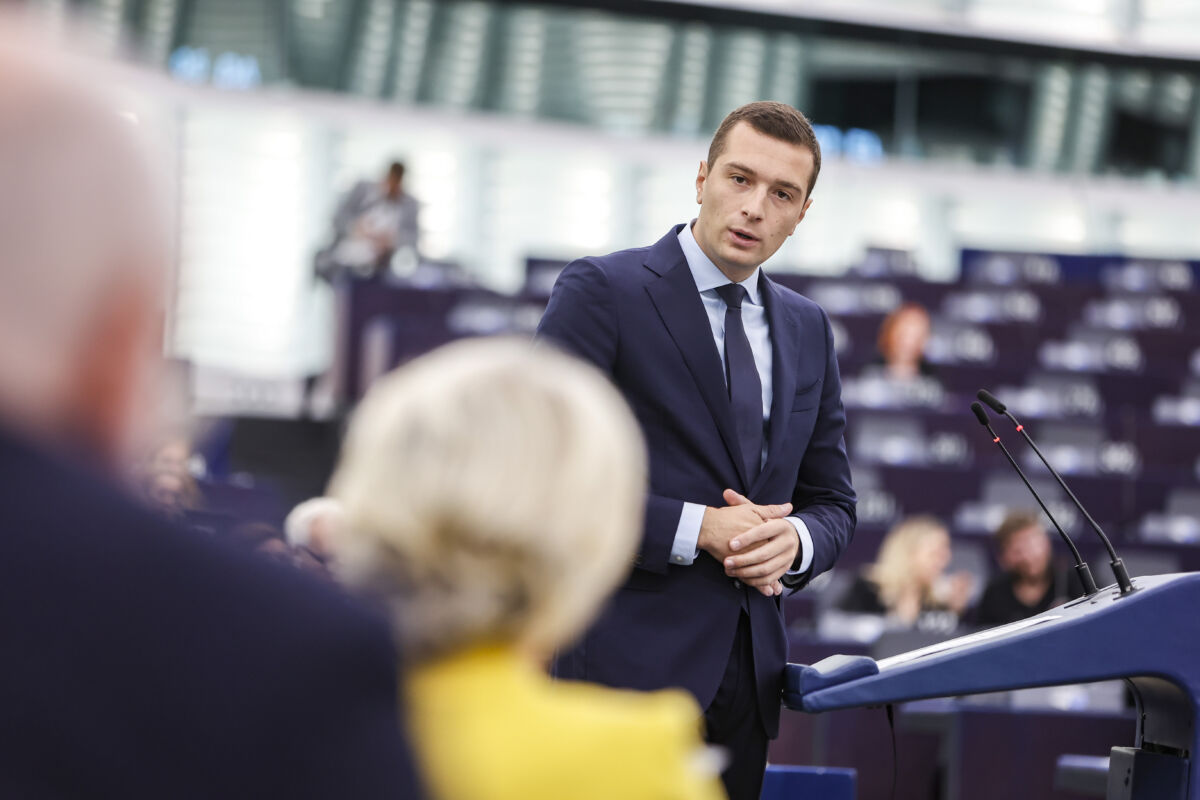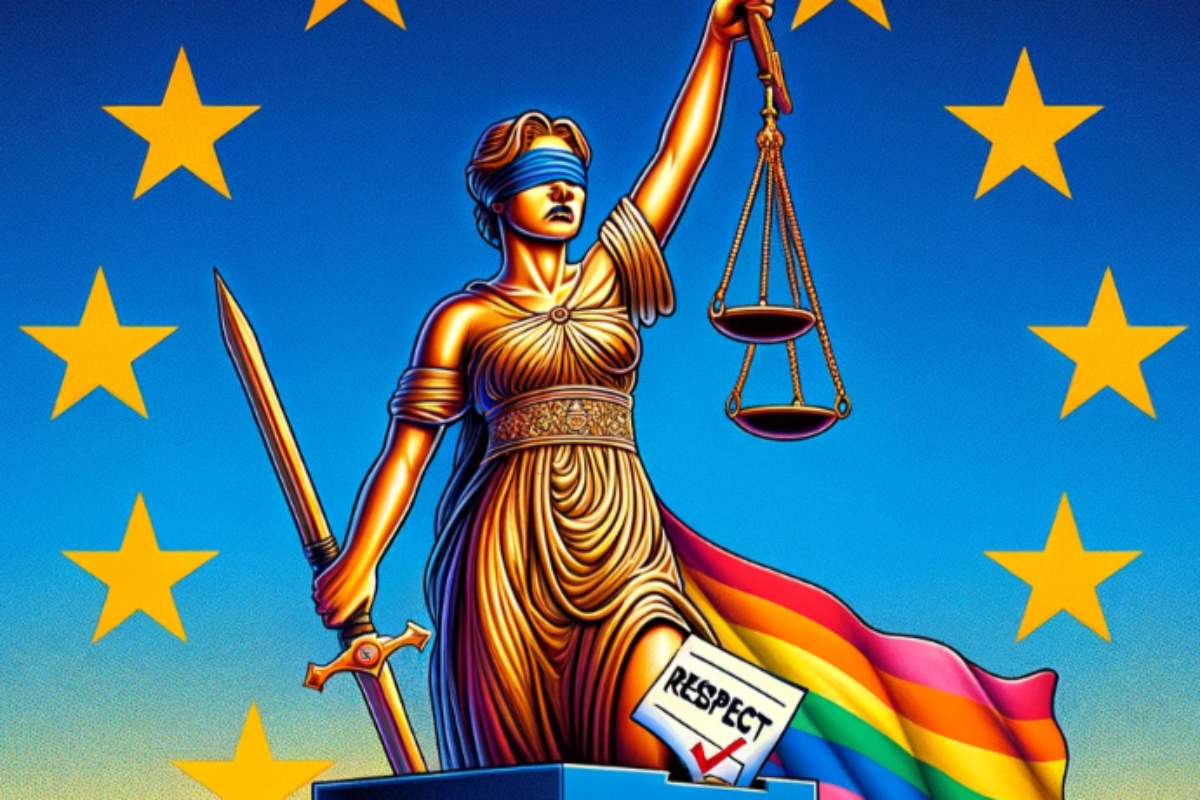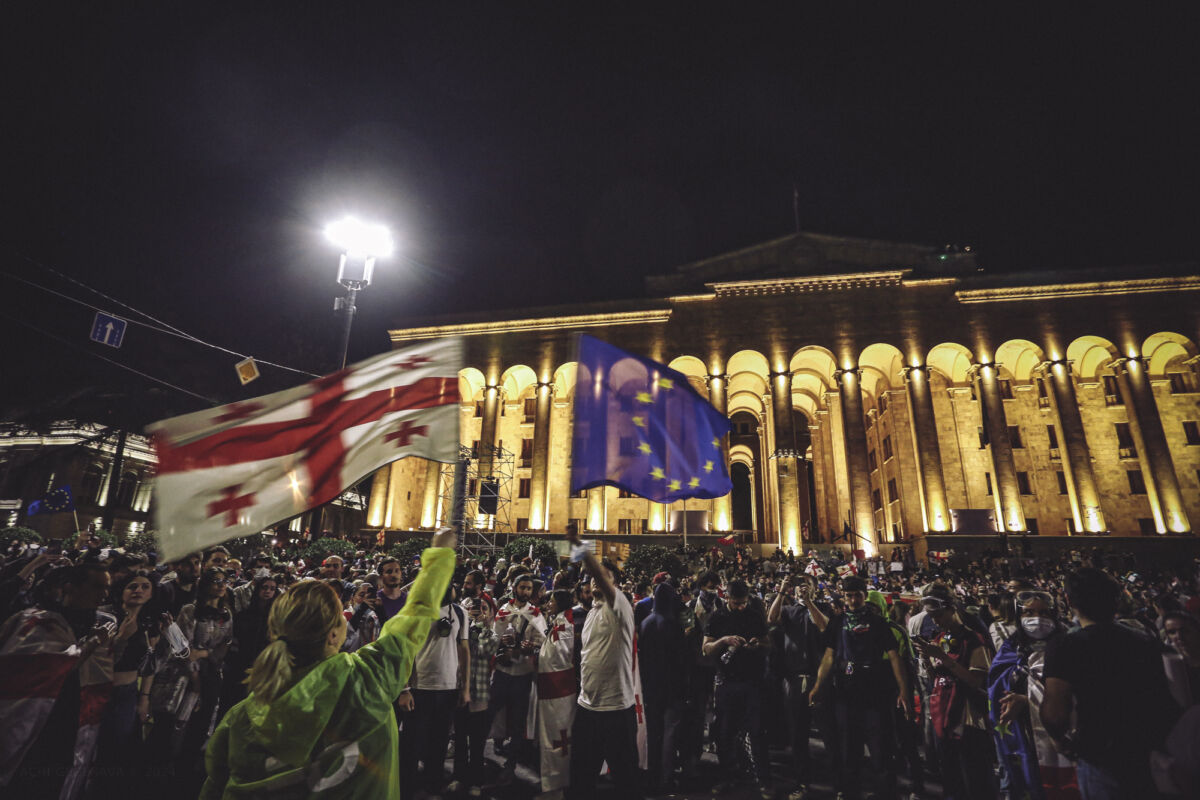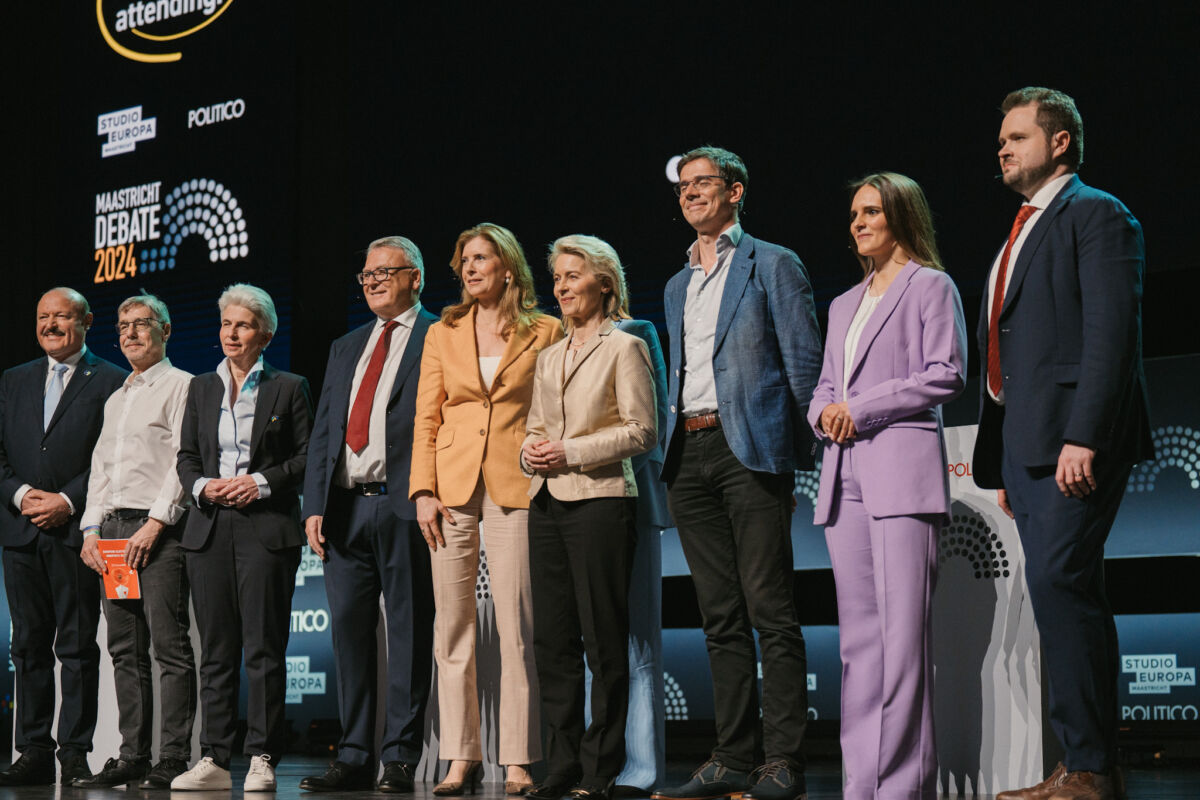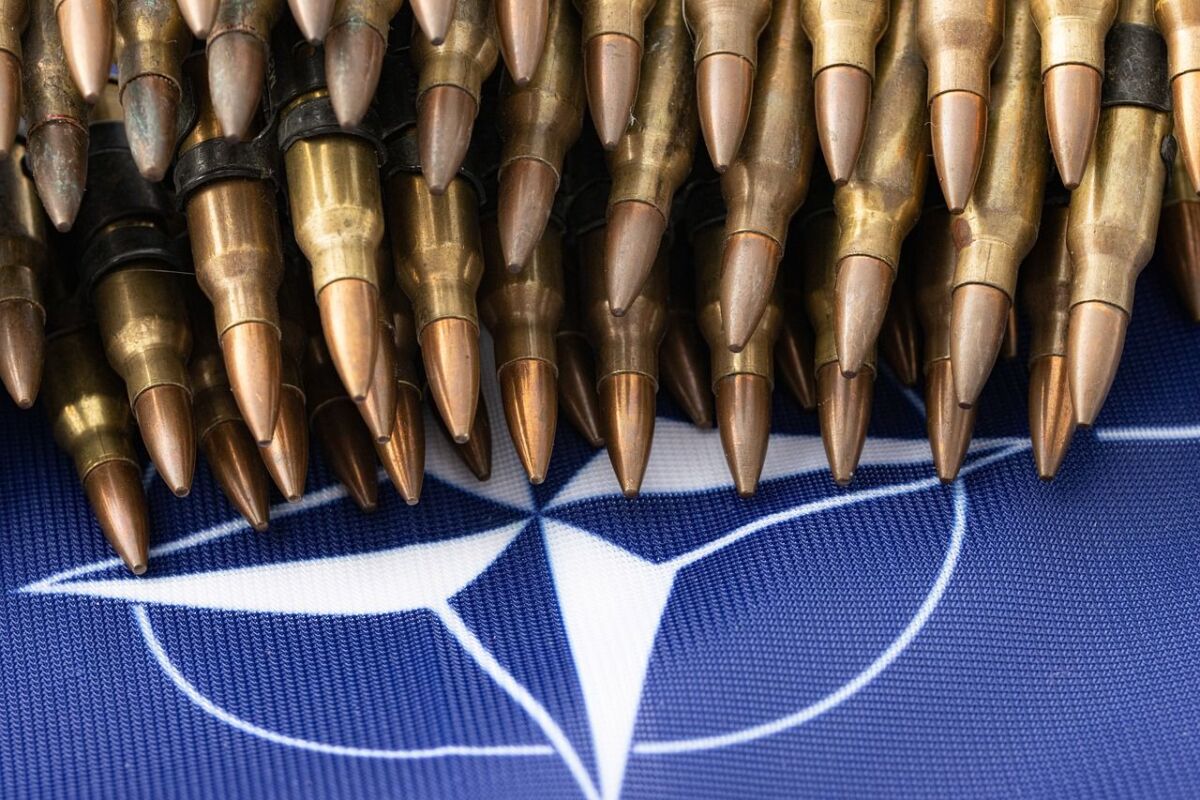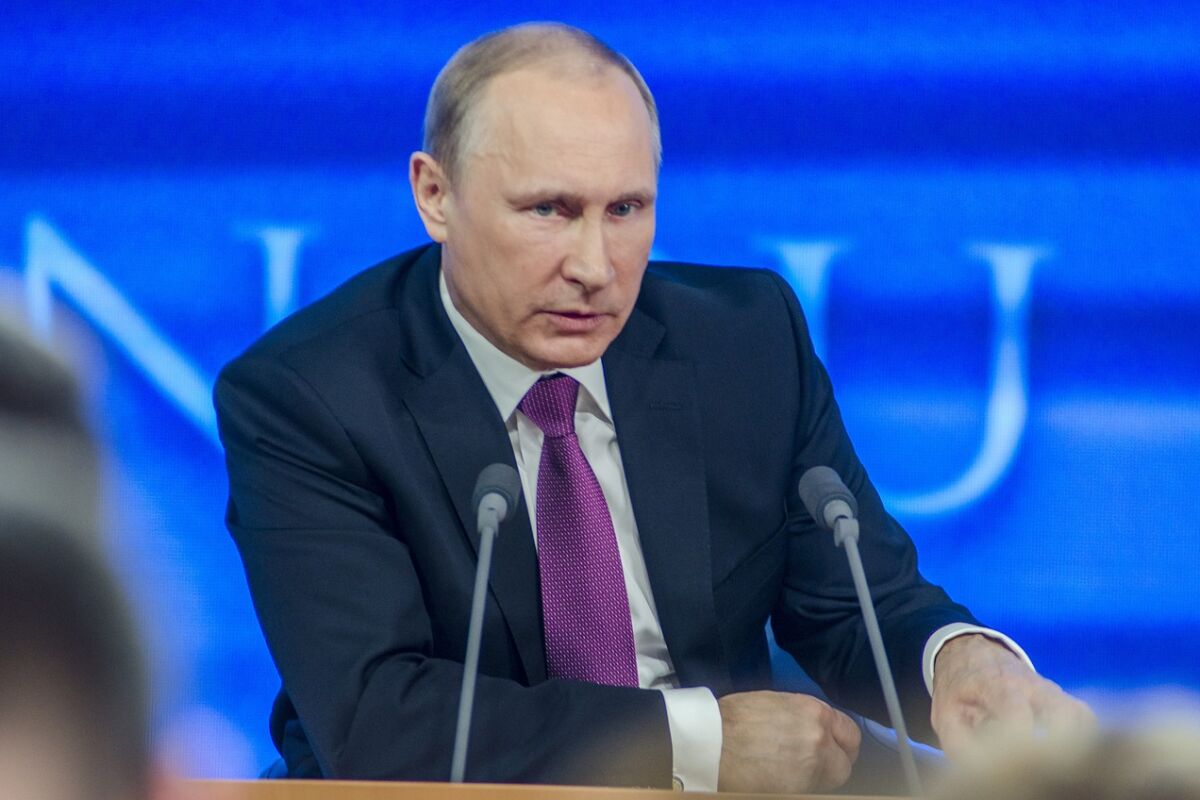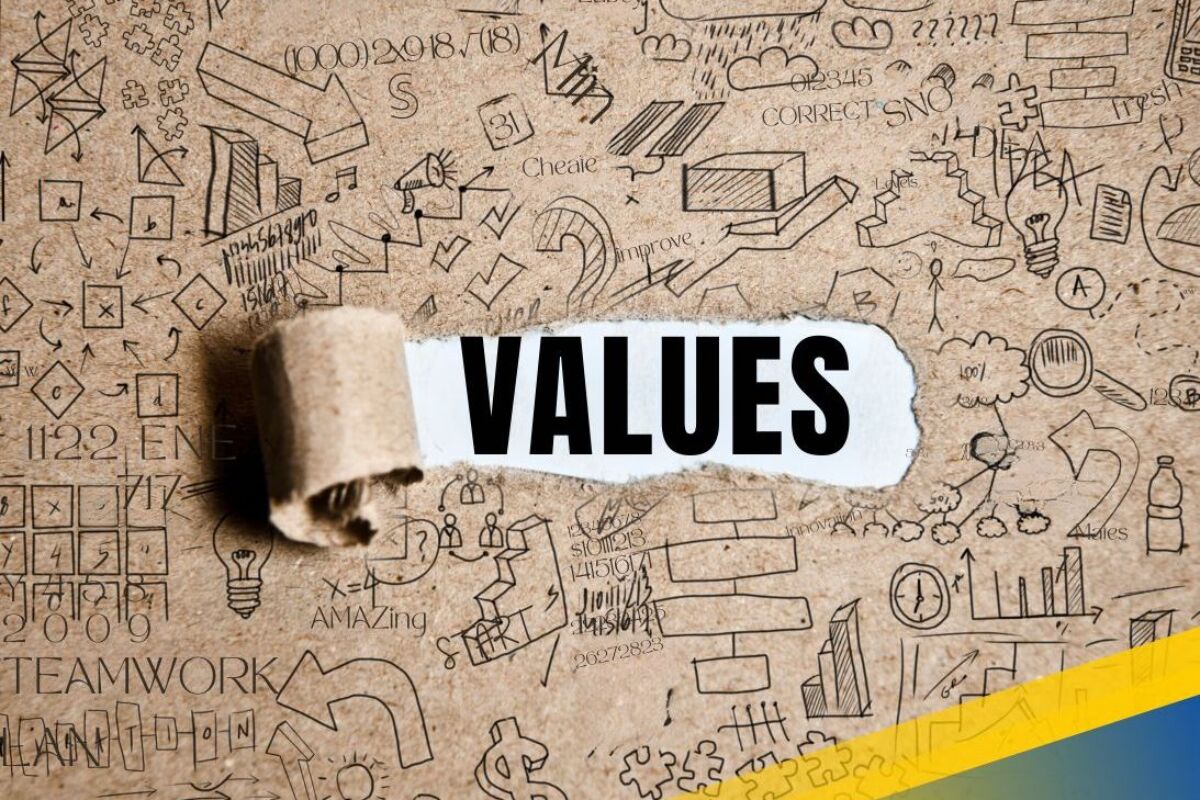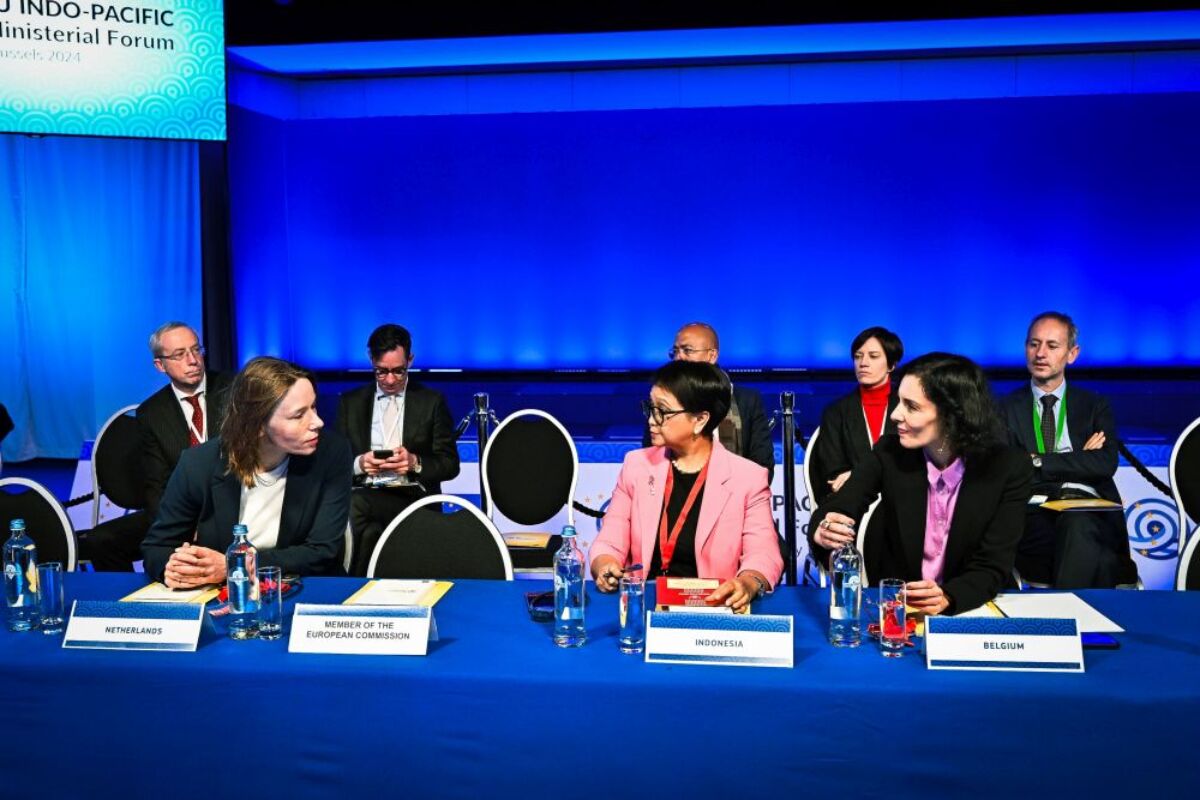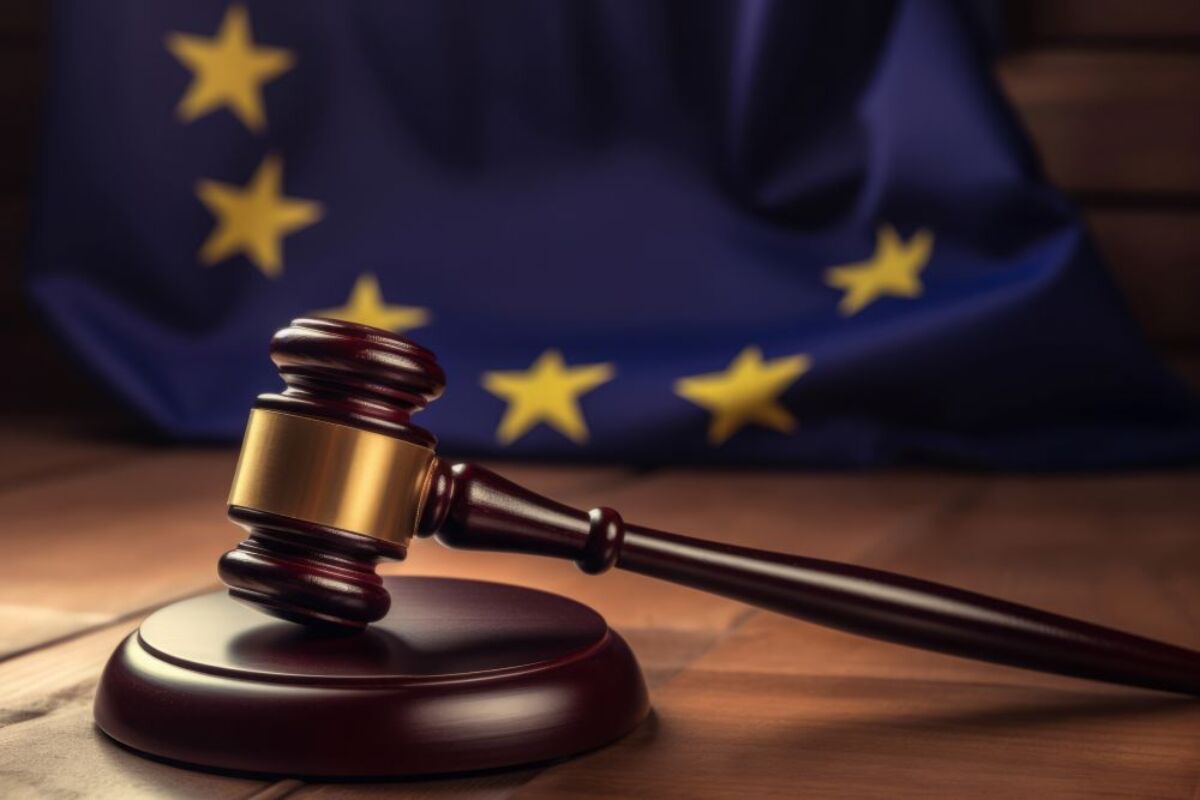This is the first Europe Day in a fundamentally changed world, with a new and completely different understanding of what Europe is and what Europe means. The EU has lived through numerous existential crises over the past 15 years, but the Russian invasion of Ukraine has alerted Europeans to the fragility of Europe as an institutional construct, as well as to the work by malevolent forces in the East that are using all necessary means to undermine its most basic values.
The reaction of the EU and western European countries has been an unexpected show of unity. It has forced the European Commission to become truly geopolitical in only a matter of weeks, pushing through various sanctions packages against Russia, activating the European Peace Facility (EPF) to assist Ukraine and accepting not only Ukraine’s but also Moldova and Georgia’s requests for EU membership. The possible result of this crisis is that the EU will eventually grow to 36 member countries, which includes the accession candidates of the Western Balkans.
The sense of unity among the Western countries has been unprecedented, stretching beyond the EU and Europe. This unity has made the sanctions imposed on Russia both highly effective and much more difficult to circumvent (although further action to make them still more effective is necessary).
Now we must consider what will become of the post-Cold War institutional order. For the EU, even if a Conference on the Future of Europe has been ongoing, the last two months have turned its entire agenda on its head and changed perspectives dramatically. The previously lacking foreign policy dimension of the EU has become much more important – but it has worked, even with the unanimity requirement. The role of the different EU institutions has become much more visible, with a very active European Parliament and the demonstrated need for a vigilant and effective pan-European administration.
On the security front, NATO has rediscovered its raison d’être and is likely to go through a new (albeit smaller) wave of expansion, but it will also need to address its own decision-making process. The role of other Cold War-era organisations, such as the OSCE, will also have to be reconsidered.
Energy policy is another domain that rapidly needs to become much more European in its supply policies, and where Europeans should see (and welcome) ‘more Europe’. The EU and the rest of Europe is currently exploited in its energy dependence by oil and gas producing countries and requires more joint monitoring and cooperation among Member States. The eye-watering inflation we’re currently experiencing could have been anticipated with joint reserves and more strategic energy planning forecasts.
As we mark Europe Day on Monday 9 May, the challenges and crises currently engulfing us more than demonstrate not only the need for the EU’s basic existence but where its strategic interests lie. However, for Europeans to survive and thrive in this Brave New World that was unleashed upon us on 24 February 2022, the EU’s mere existence is no longer enough – it must become stronger, more unified and more courageous in defending its sacred values, lest those malevolent forces triumph.


